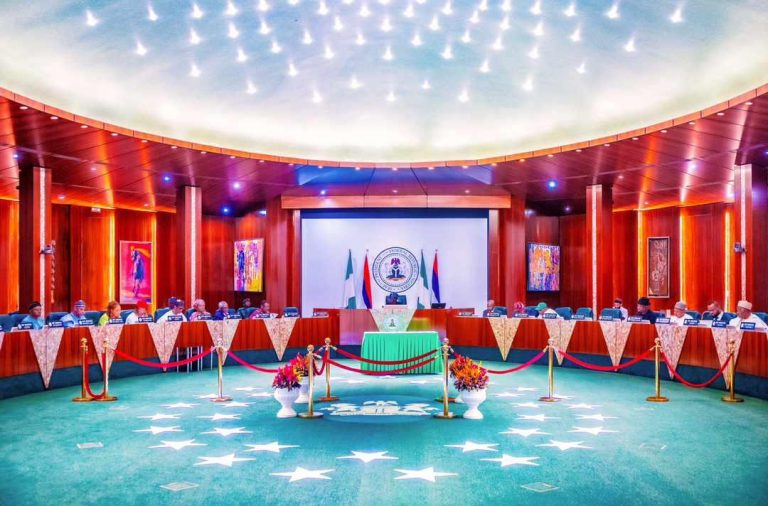In a recent interview, the Minister of Information and National Orientation, Idris Mohammed, revealed that negotiations between the Federal Government and Labour Unions for a new minimum wage are set to resume. The current N30,000 minimum wage is slated to expire at the end of March 2024.
The backdrop of these negotiations involves the Federal Government’s commitment to spend N24.66tn on salaries in 2024, 2025, and 2026, as indicated in the 2024–2026 Fiscal Framework budgets.
The decision to pay N35,000 to workers after the removal of the fuel subsidy in 2023 was deemed a temporary measure by Labour, leading to the ongoing discussions.
Labour unions have emphasized the importance of reviewing the minimum wage every five years, in line with the country’s labor law. Nigeria Labour Congress National President, Joe Ajaero, affirmed that the minimum wage review is scheduled for 2024.
The anticipated new wage regime is expected to commence on April 1, 2024. Minister Idris Mohammed emphasized the collaborative effort with Labour in constituting a committee to address the wage issue. The private sector and state governors are also urged to adopt similar structures.
As discussions progress, an analysis of the 2024–2026 Fiscal Framework reveals that the Federal Government plans to allocate 29.18% of its total budgets to salaries, overheads, and pensions, amounting to N24.66tn.
This raises concerns about the government’s high personnel costs, prompting calls for agency mergers and scrapping.
The fiscal deficit for the three years is projected to be N30.89tn, with the government justifying the higher deficit by citing the proposed salary review, increased pension obligations, and higher debt service costs. The World Bank had previously highlighted the challenge of personnel costs and debt servicing surpassing total revenues in 2022.
In response to over-bloated personnel costs in the 2024 budget, the House of Representatives urged the Independent Corrupt Practices and Other Related Offences Commission to summon ministries, departments, and agencies for audits.
The government’s focus on leveraging the private sector for infrastructure investments is highlighted, as concerns about an over-bloated civil service persist.
The 2024 budget, with its emphasis on security and capital projects, has sparked debates in the House, reflecting the government’s efforts to address infrastructural challenges and stimulate economic development.
The Senate President, Godswill Akpabio, announced that the appropriation bill would be passed for a second reading, acknowledging the need to balance recurrent expenditure and avoid drastic cuts that could impact the economy negatively.



